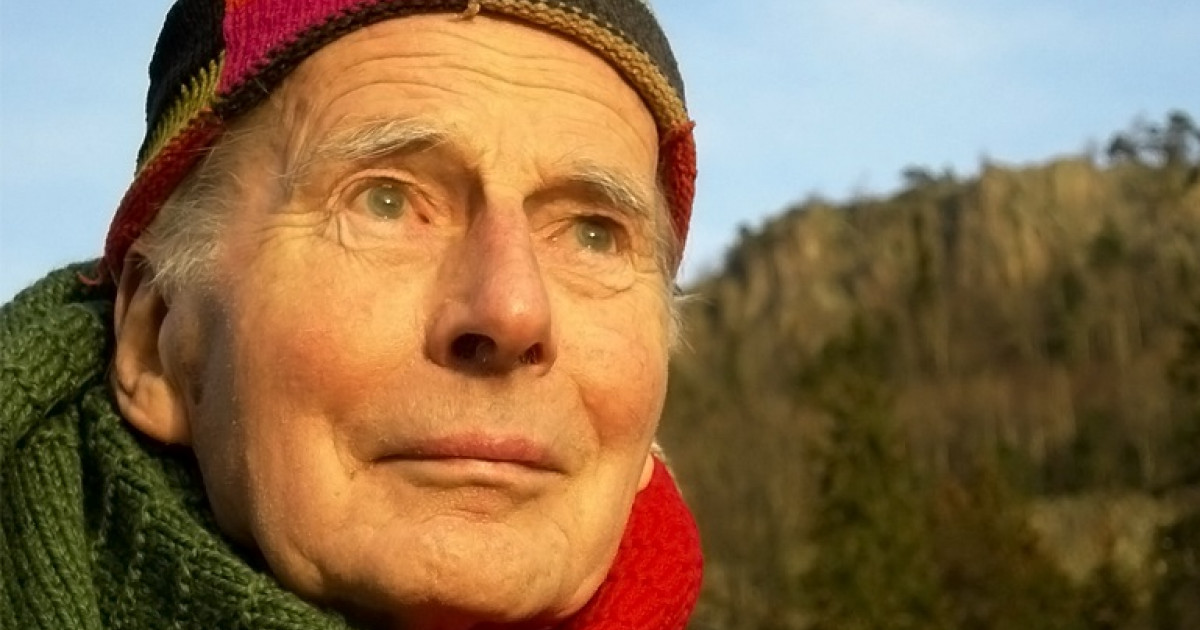


This collection of Naess’s writings, lucid, poetic, both accessible for the general reader and targeted for a more philosophically inclined audience, is culled from hundreds of articles and books. “Deep ecology” was no sound bite as a preeminent philosopher, Naess wanted to give his theories of ecosophy and biotic community a sturdy analytic foundation. In 1973 he coined the phrase “deep ecology” as a means of valuing ecosystems and nonhuman species. Naess became a voice for Gandhian nonviolence and was strongly opposed to nuclear weaponry.Ĭlimbing mountains, in Norway and elsewhere, was a minor obsession that was also the inspiration for Naess to reconsider the traditional understanding of the human relationship to nature, that is, the “shallow” environmentalism of stewardship that presupposes a hierarchy of beings. In 1940, he joined the resistance to the German occupation of Norway, an experience which caused him to think hard about the obligation of defending one’s country but - for him - by nonmilitary means. Born in Norway in 1912, Naess studied at the University of Oslo and received his doctorate there in 1936. The Ecology of Wisdom only hints at the breadth and power of his thought. His theories and commitment to social justice remain an inspiration and a challenge. Naess is more than an ordinary - if quite beloved - Norwegian. On the slopes of this mountain, Naess has built himself a cabin, Tvergastein, a place he’s often returned to and used as a poetic and philosophic touchstone for his immense body of work. A particular mountain, in fact, called Hallingskarvet, somewhere off the Oslo-Bergen train line, in the wild and desolate high plateaus of Norway. THERE’S NO BETTER place to begin talking about Arne Naess, Norwegian philosopher, ecologist, peace activist, and mountaineer, than on a mountainside.


 0 kommentar(er)
0 kommentar(er)
